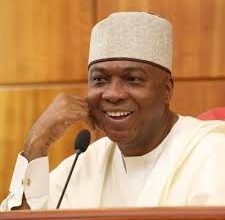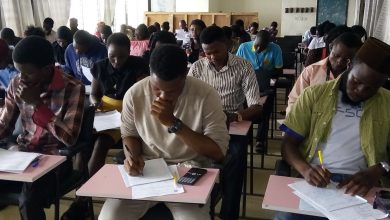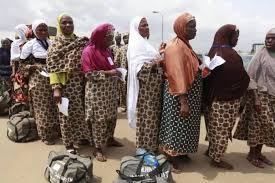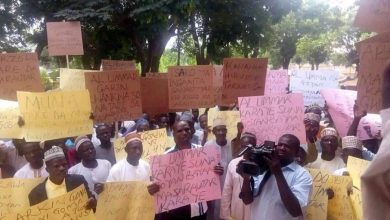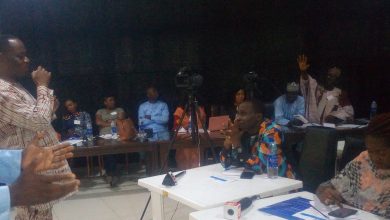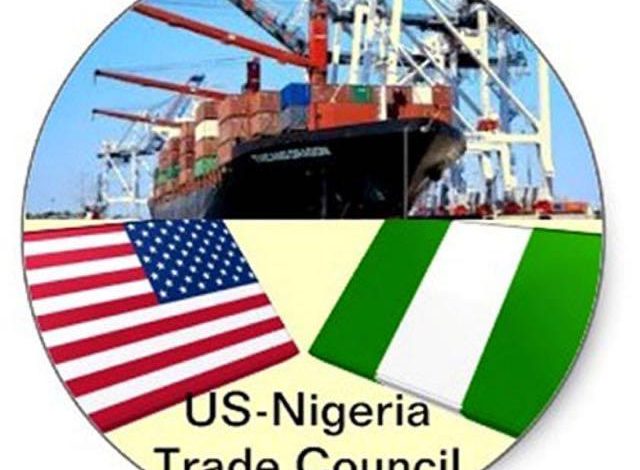
US-NIGERIA TRADE COUNCIL FROWNS AT NIGERIAN GOVERNMENT $3BN WORLD BANK POWER LOAN
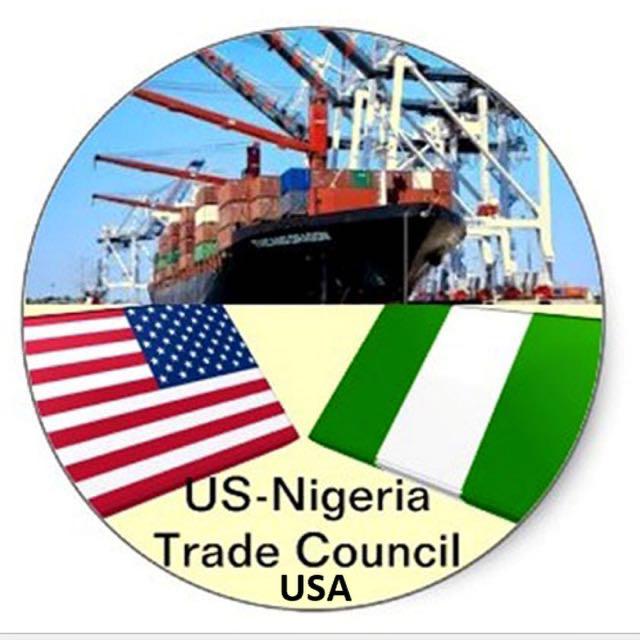
“We are concerned that Nigeria’s limited revenues and existing debt burden, of over US$25 billion, would make it challenging to service this intended debt, in addition to its existing debts. We recommend that Nigeria should stop taking new loans as we can’t afford it any longer, due to our national debt, most especially, foreign loans, which has more than tripled over the past four years from US$7.5 billion to over US$25 billion’.
‘Debt Service Cost to Revenue Ratio (DSCR) is almost 70% already; only 30% of FGN revenue is available for capital expenditures and recurrent expenditures due to revenue constraints. At the rate Nigeria is booking new loans, financial crisis may be imminent unless FGN retires at least US$10 billion within its debt portfolio, to reduce annual debt service costs’.
“The proposed loan is mainly for transmission segment of the Power sector, which is still with the government. However, the crux of the matter is that government continued holding of the transmission segment is ill-advised’.
“The current debt mountain, which Nigeria has on its balance sheet, can trigger economic doom for Nigeria if something is not done soon. If this new US$3 billion loan will be booked onto Nigeria’s balance sheet, then we would be in more serious financial crisis due to limited sources of revenues, to service debt costs’.
‘FGN ought to have guaranteed the US$3 billion loan, for a Public Private Partnership (PPP) power project sponsor, such as a reputable power company, who will be financially responsible, for servicing the annual debt costs of the said loan which would have been booked onto the PPP SPV and balance sheet, of the power project sponsor, instead of FGN’s balance sheet’.
“We strongly submit that debt servicing and ratio as percentage of GDP may not be sustainable in the long run even though debt financing may be imperative for economic growth and development. The idea of PPP is an excellent mechanism to ensure effective and efficient utilization of resources in the power sector’.
‘ It is more important to look at debt ratio in terms of revenue earning of the Country. The loan to DISCOS part of the loan is on probability of if the loan is increased from $3.0b to $4.0b. Even at that, government has no business taking loan on behalf of the DISCOS. At best, the government may provide sovereign guaranty the DISCOS loan since they are private business”
Penpushing further reports that, the release revealed that funding should be made for the Public Private Partnership (PPP), in order to see more development of other sectors, which would result to growth of the economy.
“If funding is provided for new projects in the power sector, with either PPP or even Private enterprises, then we are likely to see growth as other sectors of the economy will be engaged in the form of employment opportunities’.
“When other sectors are engaged in the investment, there is a multiplier effect which will improve the overall economy. However, if the loan is used to finance existing loan, it is not desirable for country. Using external debt to do this is very troubling, and using internal debt is desirable only at a lower interest rate which reduces the cost of financing in the balance sheet’.
“Although loans are integral part of the financial trajectory and fiscal equation of any country, with the USA being one of those countries, with national debt at $22billion, additional loans for Nigeria will be stifling, and in fact a death grip’.
‘Our national debt must be reduced through debt retirement and debt restructuring, while our recurrent expenditures, must be reduced through budget reviews, cost cutting (cost reduction) programs and restructuring of the budget of many ministries, departments and agencies, to enable the Federal Government save billions of Naira, in annual recurrent expenditures. It will help us to exit the subsidy that is now inherent in the power sector.”
Penpushing also reports that the body suggested that in order to avoid financial crisis that loans if used wisely to execute investment projects that will generate substantial economic and social impact for the nation adding that the structure of the debt and its execution strategy, must be implemented wisely, to avoid financial crisis for Nigeria.
The body however enjoined the government to negotiate for a power project instead of taking loans, adding that the country needs investment not loans, stating, “we urge the Federal Government, to negotiate for a PPP power project instead of taking on costly loans’.
‘In Nigeria, we need investment, not loans. We need more PPP, where investors are involved with project planning, project financing and project implementation. PPP implementations, by the private sector, will reduce the likelihood of fraud and funds embezzlement, when investors have major equity stakes, in the PPP projects”



